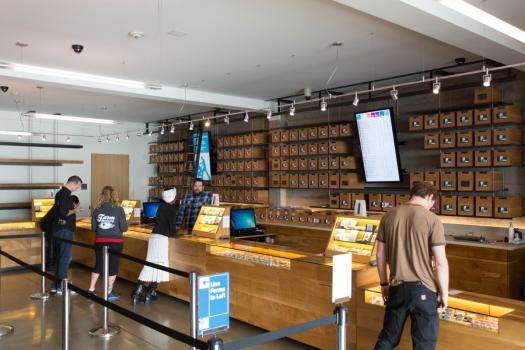Chronicle AM: Decrim in Jamaica/MD/Philly, Chris Christie Talks Drugs, PA ODs Bill, More (10/1/14)
Decrim comes to Maryland and Philadelphia, and Jamaica is working on it, too; the Oregon initiative campaign heats up, Chris Christie talks drugs, a SWAT reporting bill in Michigan gets a hearing, and more.







